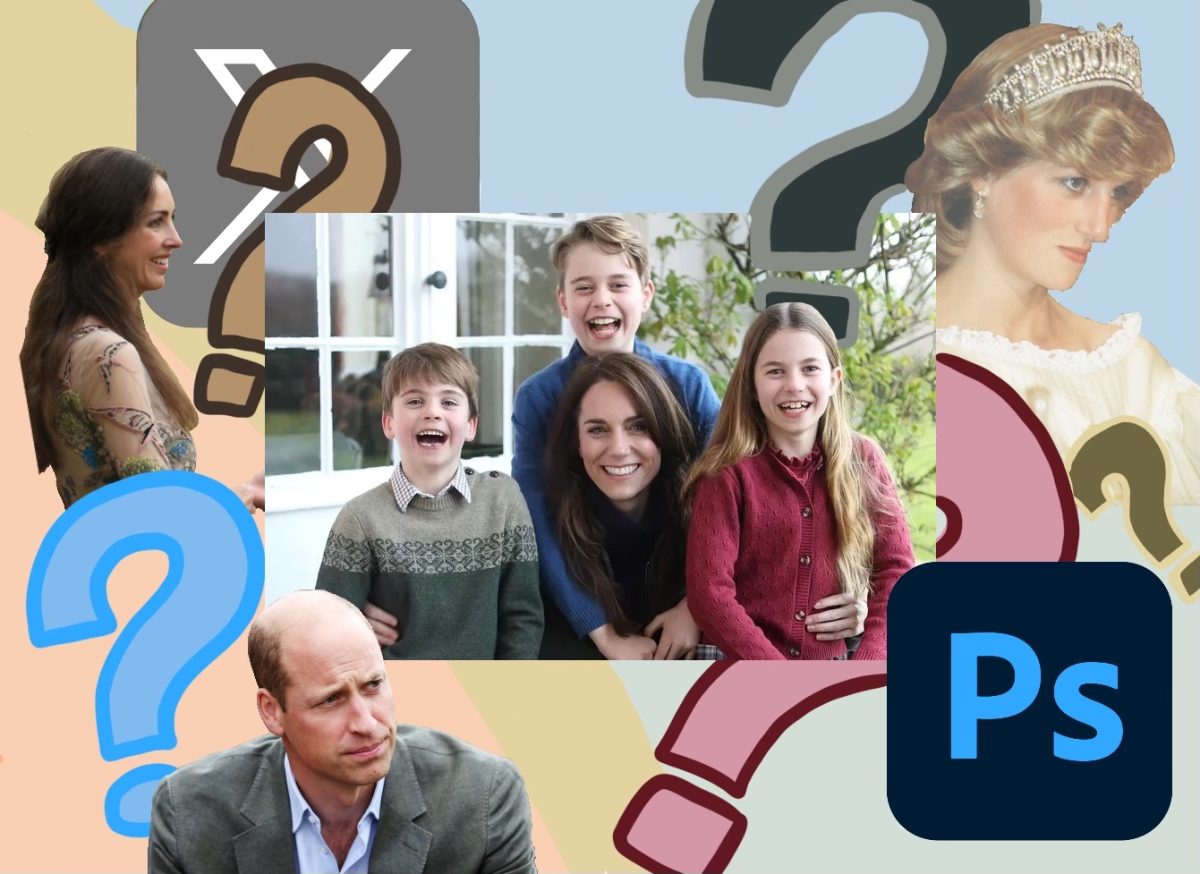Emotional arguments often dominate the issue of extending marriage rights to homosexual couples – but these arguments fail to address the real issue. They often ignore the underlying legal justification for gay marriage.
Certainly, the emotional argument incites and enrages both those who see gay marriage as an abominable, secular construct and those who affirm abstract notions of justice and equality. Sterile concepts of law do not motivate in the same manner. However, it is important to realize that extending full marriage rights to homosexuals in this country shouldn’t require overturning or ignoring the law; rather, we must pursue a reaffirmation of our basic constitutional principles.
When railing against gay marriage, opponents proclaim that they are vigorously defending “the institution of marriage.” What, then, is this institution? Saying that marriage is an “institution” implies that there is a universal and undisputed definition of marriage. This is a fundamental fallacy.
In 2003 a group of American Catholic Bishops met in response to growing support for gay marriage rights and agreed: “Marriage, as instituted by God, is a faithful, exclusive, lifelong union of a man and a woman joined in an intimate community of life and love.” Likewise, the Southern Baptist Convention’s Kansas City Declaration states that, “Marriage is the uniting of one man and one woman in covenant commitment for a lifetime.” Yet on the other hand, Unitarian-Universalism (a faith that counts Thomas Jefferson and John Adams among its former adherents) considers marriage to be the union of two consenting adults. Similarly, the Union for Reform Judaism (the largest sect of Judaism in this country) has endorsed same-sex marriage.
While Catholicism and the Baptist church may be superior to Unitarianism and Reform Judaism in terms of number of followers, they are in no way doctrinally or morally superior. Why then does the federal government accept the Catholic and Baptist definition of marriage over the Unitarian or Jewish definition? By choosing one faith’s definition of marriage over another’s, the government is clearly in violation of the establishment clause of the Constitution, which states, “Congress shall make no law respecting an establishment of religion.”
By legalizing marriage benefits to heterosexual couples but not homosexual couples, the government is clearly endorsing a Catholic (or similarly aligned) definition of marriage over a Unitarian definition. Opponents may respond that if put to public ballot the Catholic definition would prove more popular than the Unitarian one. But this is not how our Constitution operates. As the Bill of Rights demonstrates, this country was built on the belief that the minority should be protected from a tyrannical majority. There are no good reasons for why the government recognizes one religious sect’s definition of marriage over another’s, except to endorse incredibly vague concepts of “tradition” and “morality.”
I have no doubt that, like the abolitionist and suffrage movements before it, the movement for gay marriage will triumph eventually – the only remaining questions are how long it will take and what effort it will require. At the fundamental core of this debate lie issues not only of equality and tolerance, but also basic questions concerning the right to freedom and choice.
Our country has seen injustice many times in its history. Our founders boldly claimed that “all men are created equal,” yet proceeded to disenfranchise and enslave their fellow man. The United States still does not yet fully subscribe to this maxim and, until it does, it will never truly be able to guarantee the rights of life, liberty and the pursuit of happiness for all.
Chris Dodge is a sophomore in the School of Foreign Service.







